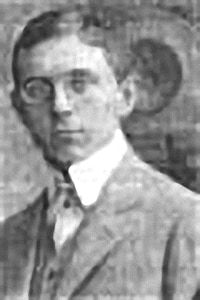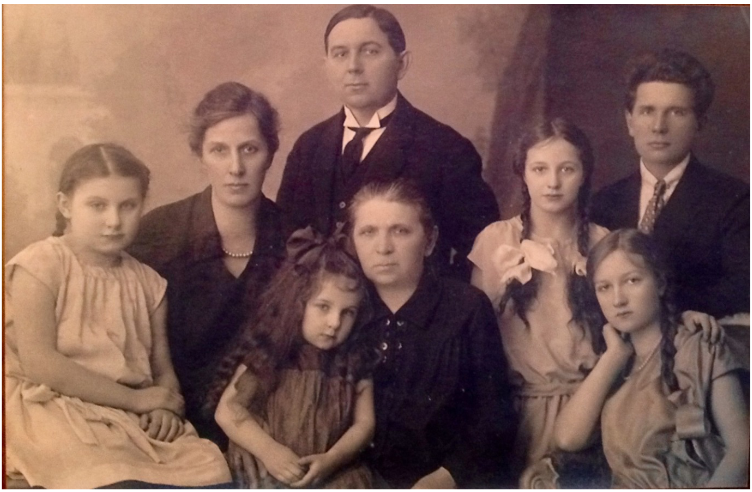The Rev. Friedrich Alexander Wacker was born in Kamyshin on 8 April 1886, the son of Volga German colonist Georg W. Wacker and Dorothea Reisich.
From 1909-1912, he was a theology student at the seminary in Dorpat, Estonia. He was ordained on 3 November 1913 and served the Norka parish from then until 1925. He became dean of the parishes of the Bergseite colonies and theological director of the pastor’s seminary in Leningrad.
In 1930, he was exiled to Martyskino, near Oranienbaum until 1934 and not permitted to serve as a pastor during that time.
He was arrested in Leningrad [St. Petersburg] on 28 June 1941 while attempting to visit his family there. His wife was also arrested. He was executed on 10 July 1941. His wife was also executed.
In the dissertation by Matthew Heise, there is a great deal of information about the life and ministry of Pastor Wacker.
- Amburger, Erik. Die Pastoren Der Evangelischen Kirchen Russlands Vom Ende Des 16. Jahrhunderts Bis 1937: Ein Biographisches Lexikon (Lüneburg: Inst. Nordostdt. Kulturwerk, 1998): 304.
- Die Evangelisch-Lutherische Kirche in Russland: 1914. (online)
- Friedrich Alexander Wacker (Norka website - Steve Schreiber)
- Heise, Matthew. My Brother's Keeper: How American Lutherans Fought to Preserve the Evangelical Lutheran Church in Russia in the USSR, 1921-1939 (Dissertation: Concordia Seminary - Saint Louis, 2017). [Online]
- Personalstatus der Evangelisch-Lutherischen und der Evangelisch-Reformierten Kirche in Russland (Petrograd: 1914). (online)
- Schnurr, Joseph. Die Kirchen und das religiöse Leben der Russlanddeutschen – Evangelischer Teil (Stuttgart: AER Verlag Landsmannschaft der Deutschen aus Rußland, 1978): 178.
- Wacker Friedrich Alexander (wolgadeutsche.ru) [online]

Pastor Friedrich Alexander Wacker.
Source: Norka website.

The family of the Rev. Friedrich Wacker, dean of the Lutheran Seminary in Leningrad.
Source: Margarita Schulmeister via the dissertation of Matthew Heise.